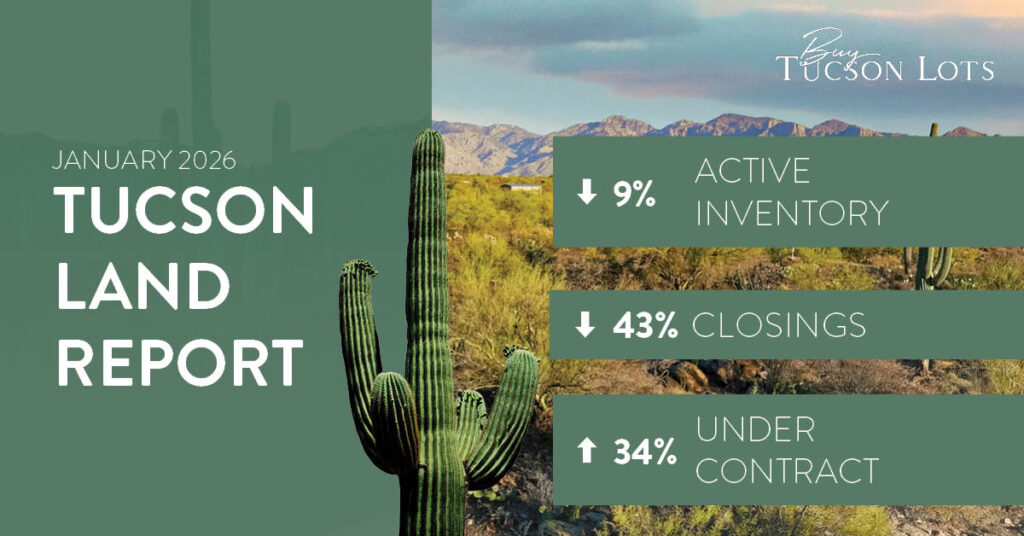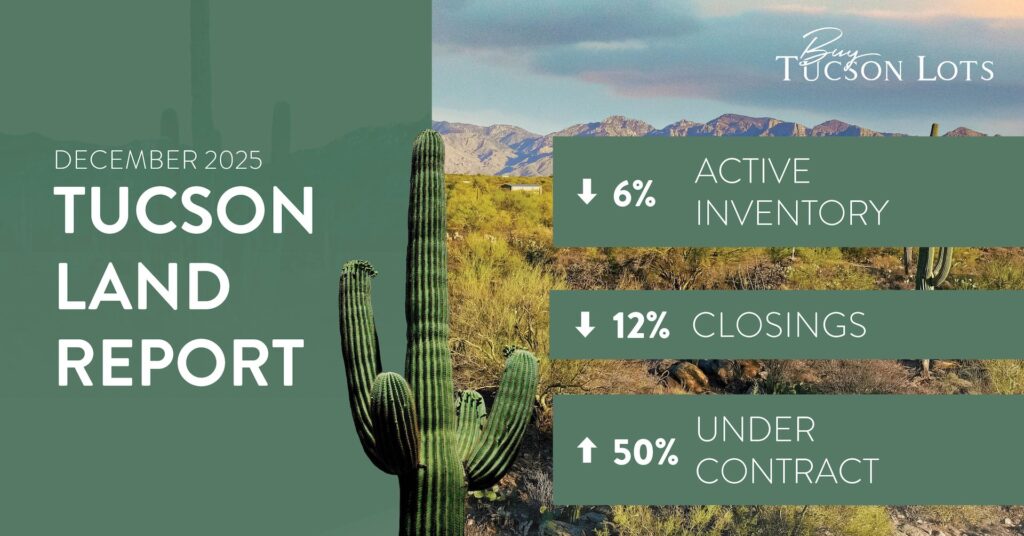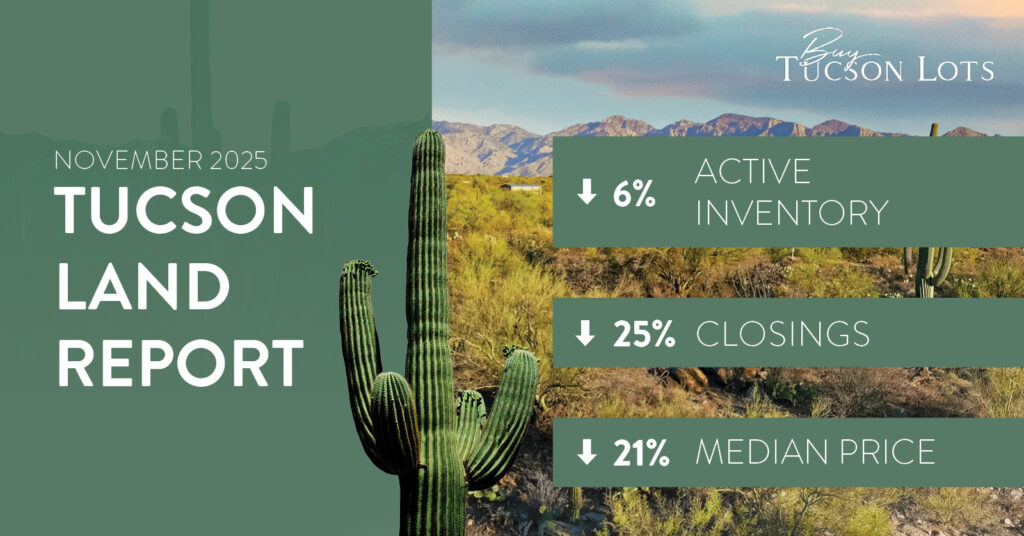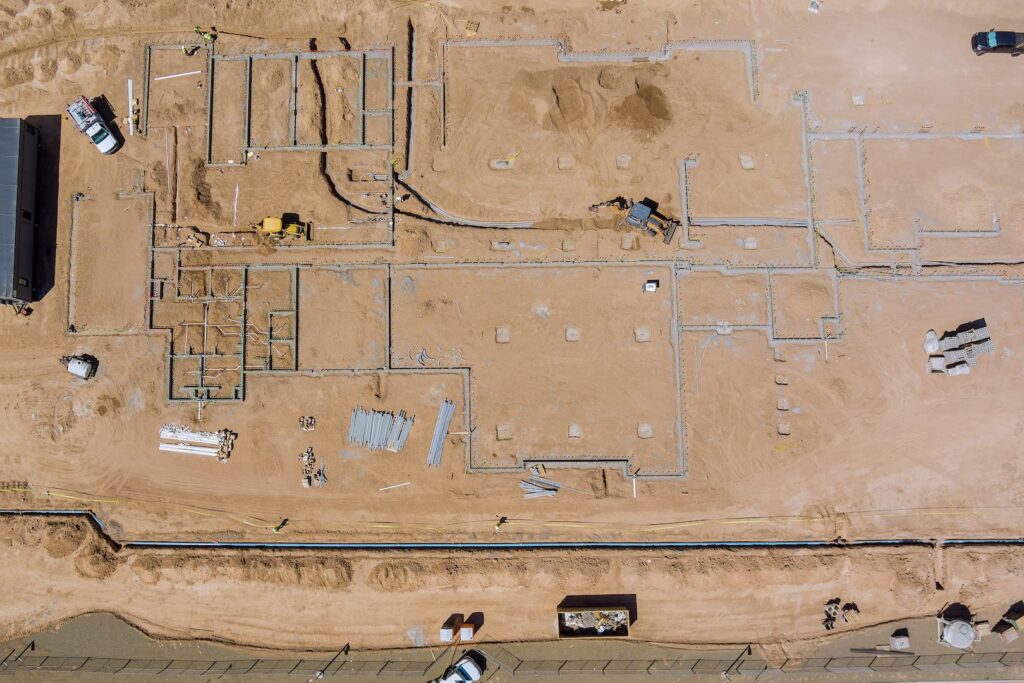Breaking ground on the home you always dreamed of is an exciting prospect, and while building a home comes with a number of rewarding responsibilities, it can also make for an overwhelming process. Mistakes happen, but when they happen to your new home plans, they could cost you. To avoid any headaches and unnecessary expenditures, look at some common mistakes to avoid when starting the build of your new home.
1. Selecting a Poor Lot
Location matters to the construction process of your home—such as knowing flood zones, restrictions, clearing costs, and local ordinances. Purchasing a parcel of land only to later find out that the neighborhood has restrictions on the type of home you can build or that your land is now in a designated flood zone would result in a huge blow to your plans. Significant costs add up when adapting to fit land or community restrictions.
Always hire a surveyor or professional land lot specialist to thoroughly review building regulations before you purchase. There are many factors to consider before purchasing land that can help prevent any costly mistakes.
2. Choosing the Wrong Home Builder
As you look into a home builder to hire for your new build, it is important to do your research to avoid the all-too-familiar construction horror story. When it comes to the future of your dream living space, you need a home builder you can trust to make your vision a reality, as well as make the process an enjoyable, smooth, and fulfilling experience.
Check their credentials, view their portfolio, arrange an interview, and chat with former clients to assess if this builder is the right fit for your project. A trustworthy builder will be transparent about expectations, costs, and schedules, demonstrating that they value organization and accountability.
3. Forgetting to Determine Your Budget Beforehand
Before you even think to reach out to a builder, one crucial step would be determining your budget and home details beforehand. A home builder can guide you through the process of building your house, but they cannot help you determine what you can afford. Construction plans cost thousands of dollars to complete, and even more to change plans.
Budgeting early and finding a loan allows you leeway in case a task changes or ends up costing more than you expected. Speak with a financial planner for accurate guidance on feasible budgets and loans that are right for you. Then, discuss a price breakdown with your preferred builders to determine if the estimated cost of the build allows enough flexibility for your planned expenses.
4. Overlooking contracts
Getting the house that was promised to you will be more achievable with a proper contract in place. In the event that something goes wrong during your build, a contract can ensure your protection against any disputes that may arise. It establishes legal-binding expectations accounting for project details, scheduling, cost projections, unexpected delays, and extra expenses between you and your builder so that both parties are on the same page before construction begins.
Always take the time to carefully review your contracts and ask questions about areas you’re unsure of to protect your rights and avoid legal repercussions if anything goes wrong. A trustworthy agent can explain the terms of the contract and its limitations, but nevertheless, ensure your lawyer reviews with you before signing it.
5. Not Anticipating Delays
Many people feel overcome by stress if the build of their home gets delayed. However, delays are actually fairly common. Some reasons setbacks can happen during construction include weather, ordering parts and pieces, and lack of permits.
If you account for who will be responsible for unexpected expenses in your contract, you will not need to worry about tacking on extra charges. Expecting contingencies can reduce your disappointment if milestones are not met on time, and if everything goes smoothly, it’ll be a pleasant surprise.
6. Not Remaining Organized
Building a home comes with a lot of information to keep on record. Design plans, precedents from magazines, receipts, and mountains of paperwork—it’s easy to misplace items. Keeping it all organized makes finding materials and referring to them easier.
Start a file for your paperwork, whether an electronic or physical version, a calendar with reminders, and designate a space for samples. You’ll have easy access to all of your important documents whenever you need them.
7. Not Communicating
Communication delivers results—that’s why one of the biggest mistakes to avoid is not communicating with your builder. The builder is your one line of contact when it comes to the project process, timeline, design, and more. The builder manages all of the details, but this is your house and you make the final decisions.
Maintaining a rapport with your builder will make the process smoother, ensure that your expectations are met, and limit costly mistakes. Always voice your preferences and priorities before it’s too late.
8. Skipping Inspection
What happens if you move into your finally finished home and discover there’s a defect? Unfortunately, you would face expensive repair bills—unless you inspect before you sign off on your home. A third-party inspector evaluates the home system in-depth, checking that everything has been done properly from plumbing to wiring.
Identifying last-minute issues could save you from spending over your budget and prolonging the construction process. Stay ahead of these issues to bring you some peace of mind and control as you navigate the home building process.
Looking for land to call home? Don’t make a mistake when it comes to your residential necessities. I’m Rick Sack, an experienced lot and land specialist, and I can help you find beautiful homesites in the mountainous or city ranges of Tucson, Arizona. Contact me today at 520.918.5477 or at rick@buytucsonlots.com!







